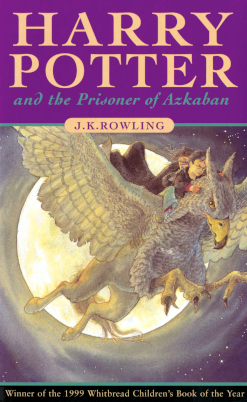Of Christian Nations
| Why God might particularly favor a nation whose economy is founded foursquare on the seven deadly sins is a mystery that has not been explained. -- Wendell Berry There is a widely held view among certain Christians in the United States that their country is a Christian one. What such Christians generally mean is that many of the founding fathers were committed Christians and that the documents which founded the United States grew out of their religious convictions. Many credible historians would disagree with that. They would tell you that many of the founders of this country were Deists. Notes Farrell Till: Such a view of American history is completely contrary to known facts. The primary leaders of the so-called founding fathers of our nation were not Bible-believing Christians; they were deists. Deism was a philosophical belief that was widely accepted by the colonial intelligentsia at the time of the American Revolution. Its major tenets included belief in human reason as a reliable means of solving social and political problems and belief in a supreme deity who created the universe to operate solely by natural laws. The supreme God of the Deists removed himself entirely from the universe after creating it. They believed that he assumed no control over it, exerted no influence on natural phenomena, and gave no supernatural revelation to man. A necessary consequence of these beliefs was a rejection of many doctrines central to the Christian religion. Deists did not believe in the virgin birth, divinity, or resurrection of Jesus, the efficacy of prayer, the miracles of the Bible, or even the divine inspiration of the Bible.Many of the founders of the United States, it seems, had far more in common with Unitarian Universalists than they did with conservative American Christians. But there is another answer for such Christians. Jesus of Nazareth is the central figure of Christianity. Many of his followers mistakenly assumed that Jesus would be a powerful political figure who would overthrow the Roman empire. Zealotry, in fact, was one of four Jewish sects at the time of Jesus. This sect objected to Roman rulership and many Zealots sought to violently eradicate it. Jesus, in contrast, did the exact opposite. Rather than overthrow the Roman empire, he set up a different kind of kingdom, a kingdom whose law is summed up by two commandments: love the Lord with all your heart, mind, soul, and strength, and love your neighbour as yourself. Thus, to claim that a group of colonies violently overthrowing its government is built on a Christian foundation is a bit like saying that a man who cheats on his wife is a good husband. |

















Comments on "Of Christian Nations"
post a comment